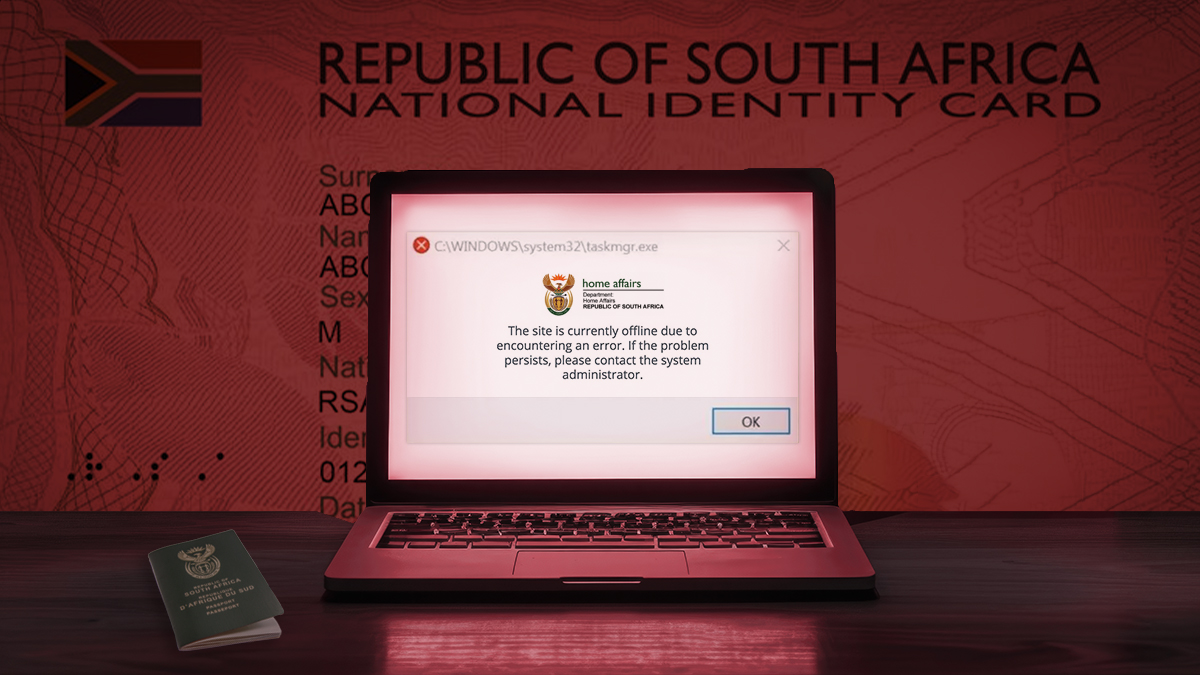Google’s R2.5-billion South African cloud investment

Google’s cloud region in Johannesburg represents a R2.5-billion investment into the country, South African data management and analytics company Tregter has said.
“This infrastructure investment marks a giant step forward in business and technology transformation, not only for South Africa, but the continent,” said Tregter co-founder Ferdinand Steenkamp.
“As a result of the establishment of the region, Africa will now have access to the best data warehouse platform in the world.”
“Tregter” is Afrikaans for funnel. The company explained that it is used to symbolise the movement and cleansing of data from many sources to a single store where it can be used to gain valuable insights.
News of the size of Google’s local data centre investment comes after the search giant announced at the end of January last year that its Johannesburg cloud region was ready for customer use.
Google Cloud said at the time that the region in Johannesburg would accelerate the African tech ecosystem, providing organisations with the resources they needed to scale, innovate, and compete in the global marketplace.
“Businesses of all sizes across the continent now have access to high-performance, secure and low-latency cloud services,” Google said.
The Johannesburg region is Google’s first in South Africa and Africa.
Google said the continent’s Internet economy was estimated to reach $180 billion (R3.3 trillion) by 2025, accounting for 5.2% of its total gross domestic product.
“Google alone has committed $1 billion (R18 billion) to boost Africa’s digital transformation, recognising that key drivers of the continent’s growth will include investing in infrastructure, nurturing the growing tech talent pool, and enabling a vibrant startup ecosystem,” the company said.
The addition of the Johannesburg region took Google’s overall network to 40 cloud regions and 121 zones, developing Google Cloud services to over 200 countries and territories worldwide.
Google explained that the Johannesburg region was connected to Google’s secure network, comprising a system of high-capacity fibre optic cables under land and sea around the world.
“This includes the recently-completed Equiano subsea cable system that connects Portugal with Togo, Nigeria, Namibia, South Africa, and St. Helena,” the company said.
“We are excited to partner with organisations across the continent and help them discover the advantages of digital transformation.”
Among the companies in Africa that Google Cloud has partnered with or has as existing customers are Deloitte Africa, FNB, Liquid, MTN Group, and retail giant Pepkor.
In addition to the infrastructure investment, Google South Africa has also hosted training for learners and business owners in programmes like Cloud OnBoard, Cloud Hero and Google Hustle Academy, which cover technology topics like generative AI (gen AI), machine learning (ML), application and infrastructure modernisation, data and analytics, and digital marketing.
Google held a launch event for the Johannesburg Cloud region on Wednesday, 19 March 2025, where media asked it to confirm whether the R2.5-billion figure was accurate.
Google representatives said they could not comment on the cost of the data centre itself, instead pointing to the search giant’s $1-billion pledge towards Africa’s digital transformation.
Last major cloud player to roll out local region

The Google Cloud Johannesburg region launch follows other major cloud services providers rolling out their first regions in South Africa and the continent in the past few years.
Huawei was the first “hyperscaler” to officially launch cloud computing services in South Africa, beating Microsoft by a day. Huawei, now offers three cloud availability zones in South Africa.
Microsoft delayed the launch of Azure in South Africa several times but finally launched in March 2019 in Johannesburg and Cape Town. According to Data Center Dynamics, the latter was closed in 2021.
The Azure Regions website also shows the region’s availability zone as “Not supported” and that it has “Restricted Access” rather than being enabled by default.
Amazon Web Services (AWS) opened its first region on the continent in Cape Town in April 2020.
The company has been active in South Africa for roughly two decades, with key technology behind AWS developed locally.
It is also getting a big new headquarters at the River Club Development in Observatory in Cape Town.
The last major US cloud company to launch a local region before Google was Oracle, which took its Johannesburg region live in January 2022.
In 2023, Telkom’s BCX also launched a cloud region in Johannesburg for Chinese tech giant Alibaba.
Google Cloud preferred over Microsoft Azure and AWS in South Africa

Despite Google’s late entry into the market, most business decision-makers said Google Cloud is their preferred cloud provider ahead of Microsoft Azure and Amazon Web Services (AWS).
This was revealed in Analytico’s 2025 Business Technology Survey, conducted in January 2025, which 1,348 respondents completed.
The survey results only included responses from people who decided which ICT products and services their company uses.
It showed that Google Cloud has significantly increased its brand awareness in South Africa, with 43% of businesses saying it is their preferred provider.
Although Microsoft and AWS had a head-start, Google Cloud has better brand awareness in South Africa.
Over the last year, the number of businesses saying they prefer Google Cloud increased from 35% to 43%.
Microsoft Azure decreased from 32% to 26%, and Amazon Web Services (AWS) declined from 20% to 18%.
Huawei Cloud, the first hyperscaler to officially launch cloud computing services in South Africa, performed poorly.
Its performance declined by 32% over the last twelve months and only 2% of business decision-makers said they considered Huawei Cloud the best option for their company.
































